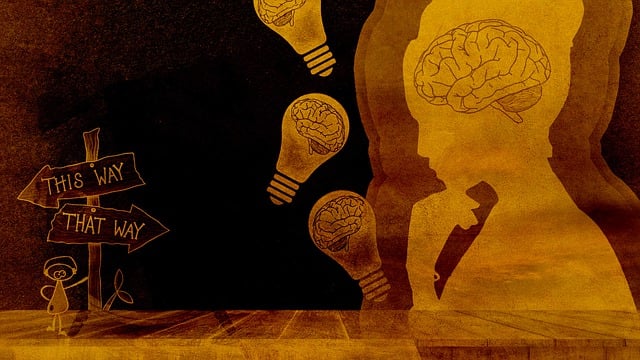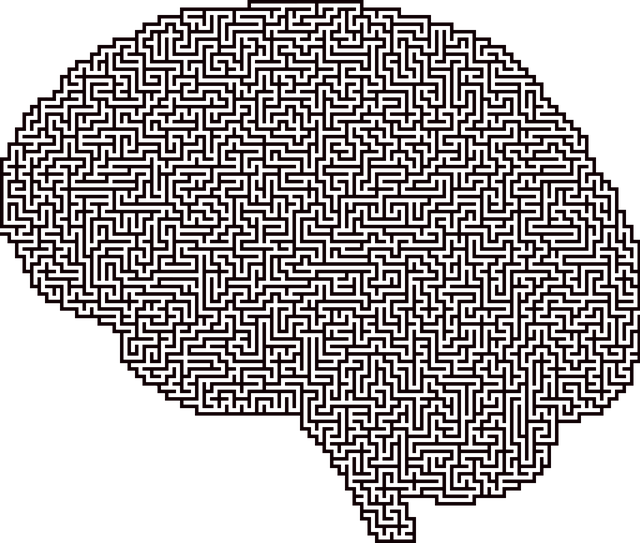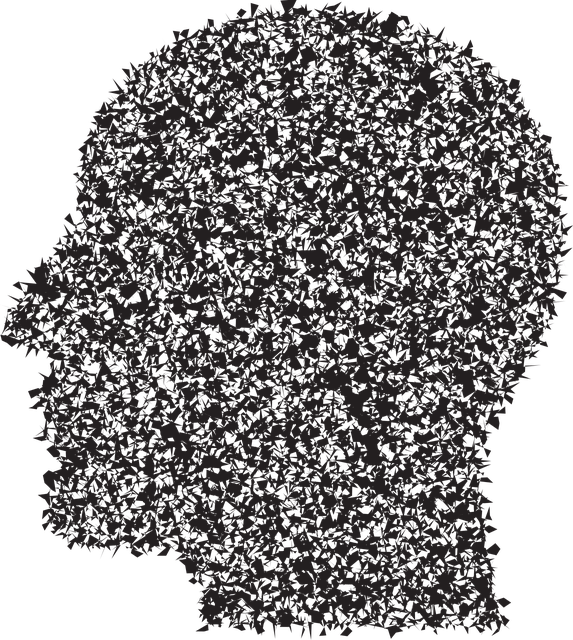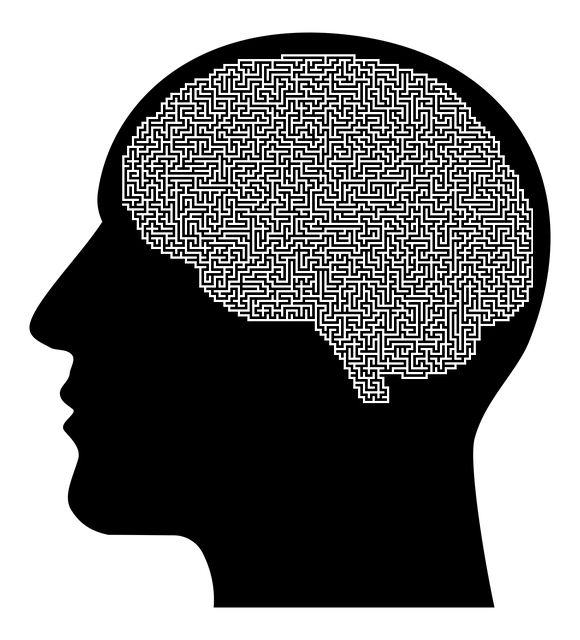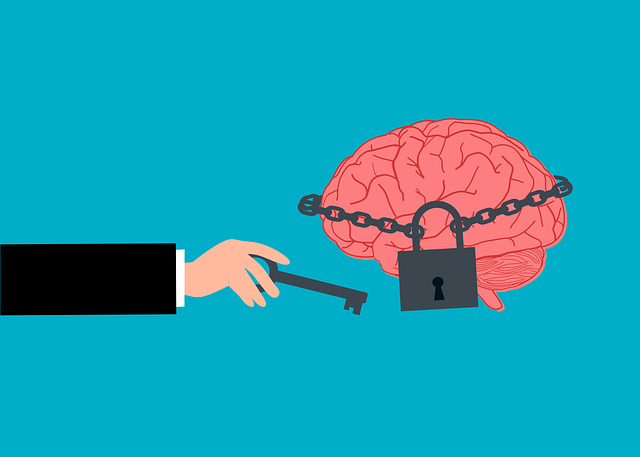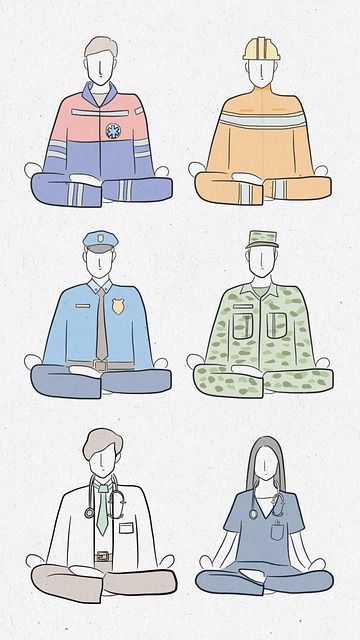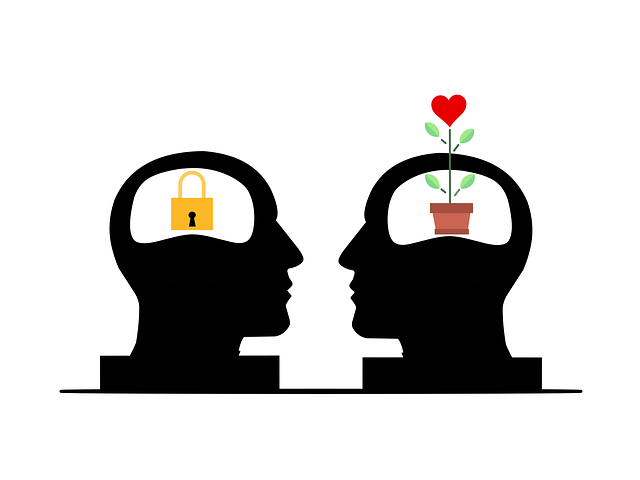Diagnosing mental illness in children requires a multi-faceted approach, with Independent Medical Evaluations (IMEs) and therapy as key components. IMEs provide objective assessments using advanced techniques tailored to children, while therapy helps them develop coping strategies and express emotions. This combination enhances diagnosis accuracy, reduces stigma, and promotes effective treatment plans focused on emotional well-being. Collaboration between parents, therapists, and healthcare professionals is vital for precise diagnoses and holistic care, including trauma support services.
Mental illness diagnosis in children presents unique challenges due to their developing brains and varied symptoms. This article explores efforts to improve accuracy, focusing on key strategies such as therapy integration, independent medical evaluations, and enhanced collaboration between parents, therapists, and healthcare professionals. By understanding the role of therapy in refining diagnoses and emphasizing unbiased evaluative processes, we can ensure more effective support for young minds. Independent medical assessments play a crucial part in this process, offering objective insights that complement therapeutic approaches.
- Understanding the Challenges of Mental Illness Diagnosis in Children
- The Role of Therapy and Its Impact on Diagnosis Accuracy
- Independent Medical Evaluations: Unbiasing the Diagnostic Process
- Enhancing Collaboration Between Parents, Therapists, and Healthcare Professionals
Understanding the Challenges of Mental Illness Diagnosis in Children

Diagnosing mental illness in children presents unique challenges due to their developing brains and communication barriers. The symptoms of childhood mental health disorders can often be attributed to typical childhood behaviors, making accurate identification difficult. For instance, what seems like anxiety in a child might be misconstrued as mere shyness or difficulty adjusting to new situations. This complexity necessitates comprehensive evaluation methods.
Independent Medical Evaluations (IMEs) play a crucial role in enhancing diagnosis accuracy by providing an objective assessment free from external influences. These evaluations, often conducted by specialized professionals, incorporate advanced diagnostic tools and techniques tailored for children. Moreover, IMEs can boost the confidence of parents and caregivers in securing appropriate therapy for their child. By addressing these challenges head-on, we can facilitate the development of effective self-care routines and improve self-esteem, ensuring better mental health outcomes for children.
The Role of Therapy and Its Impact on Diagnosis Accuracy

Therapy plays a pivotal role in enhancing the accuracy of mental illness diagnoses, especially for children. Through various therapeutic approaches tailored to their age and unique needs, young individuals can learn coping mechanisms, express their emotions, and gain insight into their behaviors. This process facilitates more comprehensive assessments by mental health professionals. Independent Medical Evaluations (IMEs) become more reliable when therapists provide detailed information about a child’s emotional healing processes, which help in identifying the root causes of their mental illness.
Addressing the Mental Illness Stigma Reduction Efforts is also inherent in therapy. By creating safe spaces for open dialogue and fostering Mental Health Awareness, children can feel more comfortable discussing their experiences. This openness allows therapists to make more precise diagnoses, ensuring that treatment plans are effective and aligned with the child’s specific needs. The overall goal is to improve not just diagnosis accuracy but also to promote better emotional well-being in young minds.
Independent Medical Evaluations: Unbiasing the Diagnostic Process

Independent Medical Evaluations play a pivotal role in unbiasing the diagnostic process for mental illness, particularly in therapy for children. By relying on objective, clinical assessments conducted by qualified professionals unaffiliated with the patient’s primary care provider or treatment facility, these evaluations ensure a more accurate and impartial diagnosis. This is especially crucial given the complex nature of childhood mental health issues, which can often mimic other conditions or be masked by co-morbidities.
Integrating independent medical evaluations into standard practice fosters a culture of emotional healing processes, supporting both patients and healthcare providers in navigating challenging cases. Furthermore, this approach aligns with advocacy for improved mental health policy analysis, promoting evidence-based practices that prioritize the well-being of children. Mindfulness meditation, as a complementary therapy, can also contribute to the emotional healing processes within these evaluations, enhancing diagnostic accuracy by reducing bias and improving overall mental health outcomes.
Enhancing Collaboration Between Parents, Therapists, and Healthcare Professionals

Enhancing collaboration between parents, therapists, and healthcare professionals is a vital step towards improving mental illness diagnosis accuracy, especially for children. When these stakeholders work together seamlessly, it enables a more holistic understanding of a child’s emotional and behavioral struggles. Parents can provide invaluable insights into their child’s daily life and responses to various situations, while therapists offer expert guidance based on evidence-based practices. Healthcare professionals, equipped with independent medical evaluations, contribute critical data that aids in precise diagnoses.
By fostering open communication channels, integrating stress management techniques, and focusing on resilience building through therapy for children, this collaborative approach strengthens the foundation for effective treatment plans. Furthermore, trauma support services can be seamlessly integrated to address any underlying issues, ensuring comprehensive care tailored to each child’s unique needs.
Mental illness diagnosis in children presents unique challenges, but through concerted efforts, accuracy can be significantly improved. Integrating therapy as a key component enhances understanding and treatment plans, while independent medical evaluations ensure an unbiased diagnostic process. Collaboration between parents, therapists, and healthcare professionals is vital for providing comprehensive care. By adopting these strategies, we can ensure that children receive accurate diagnoses and effective treatments, paving the way for a brighter and healthier future.





